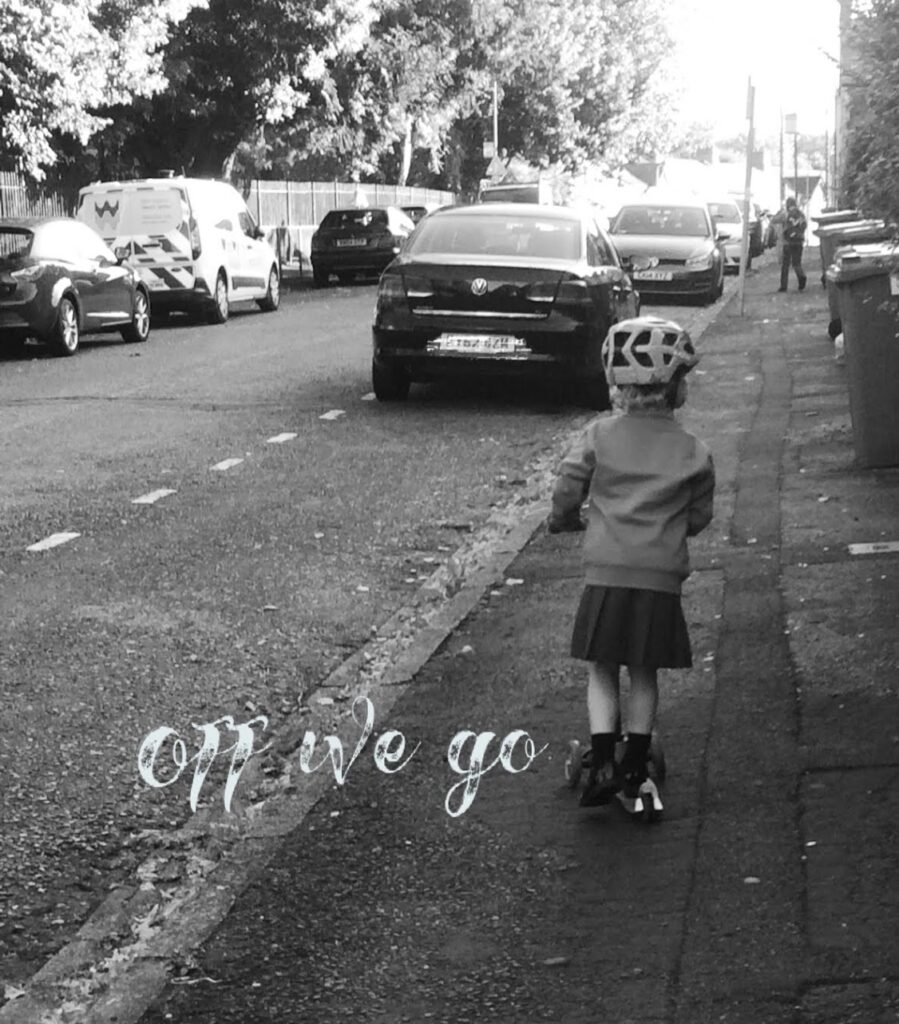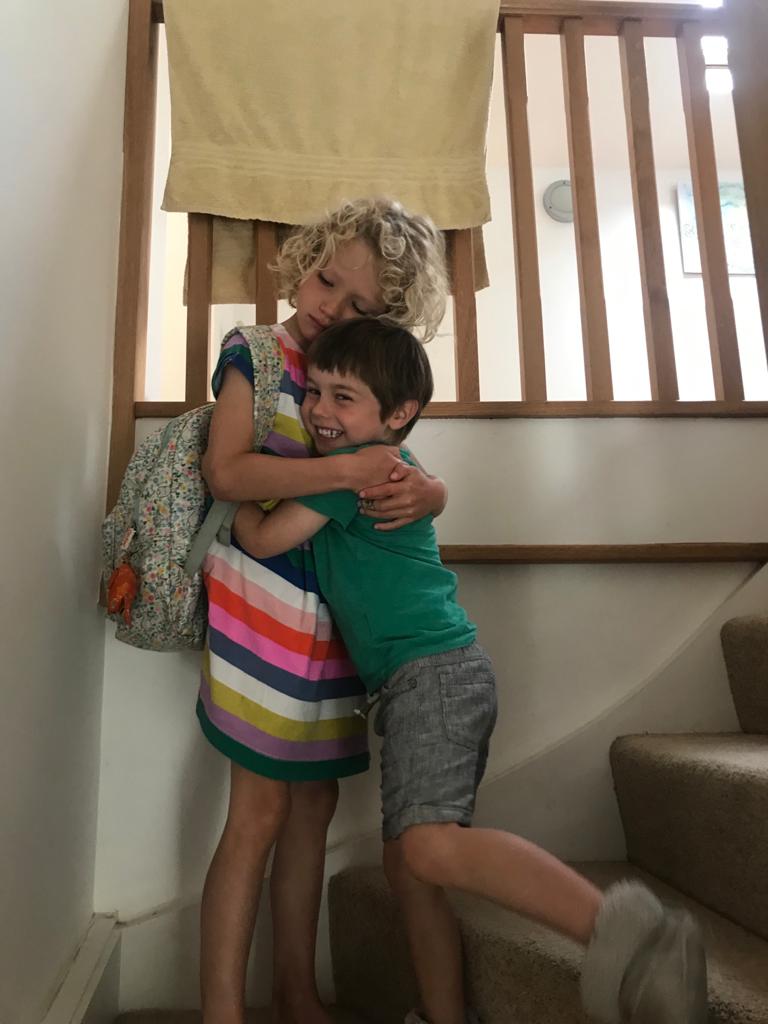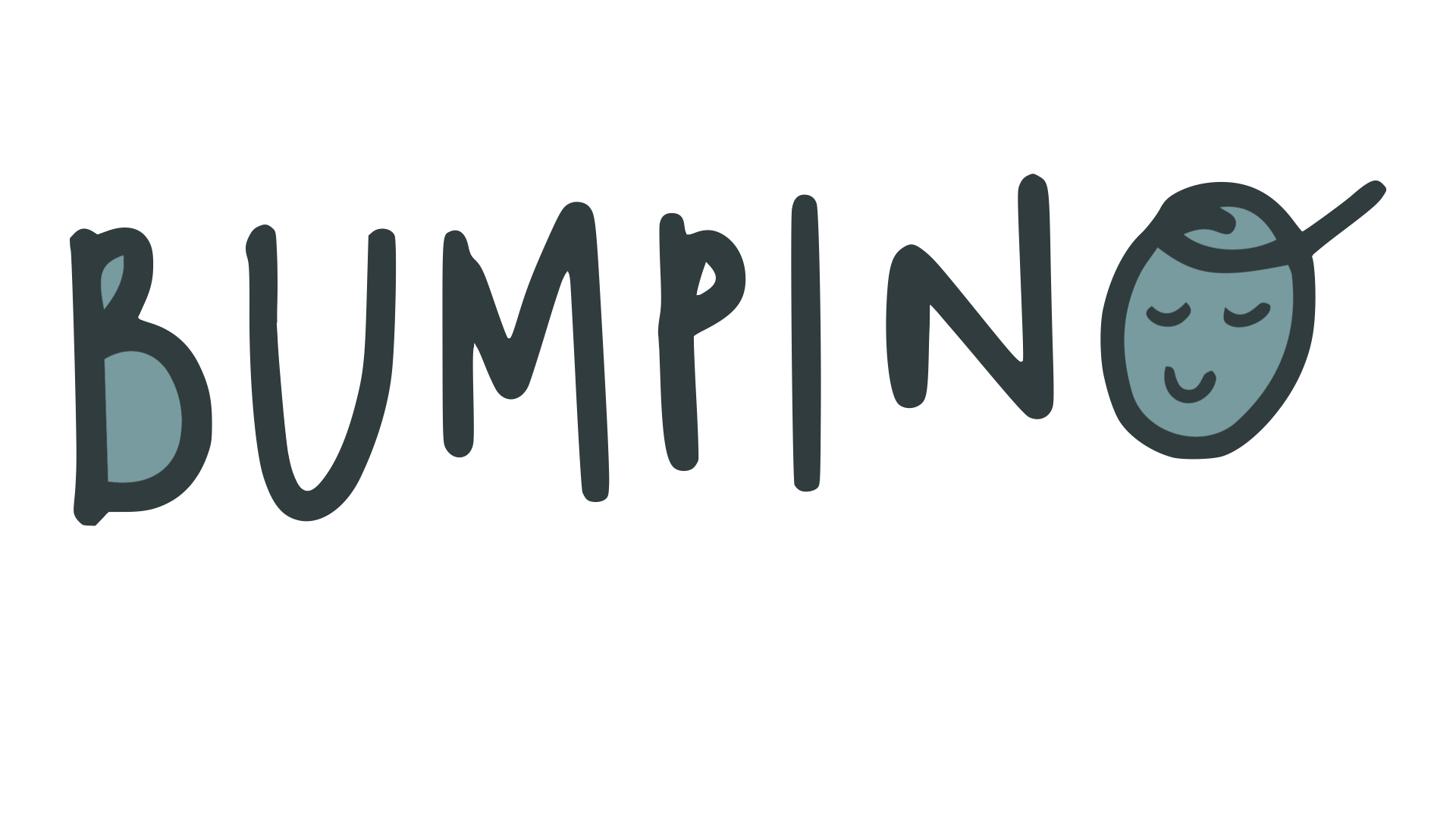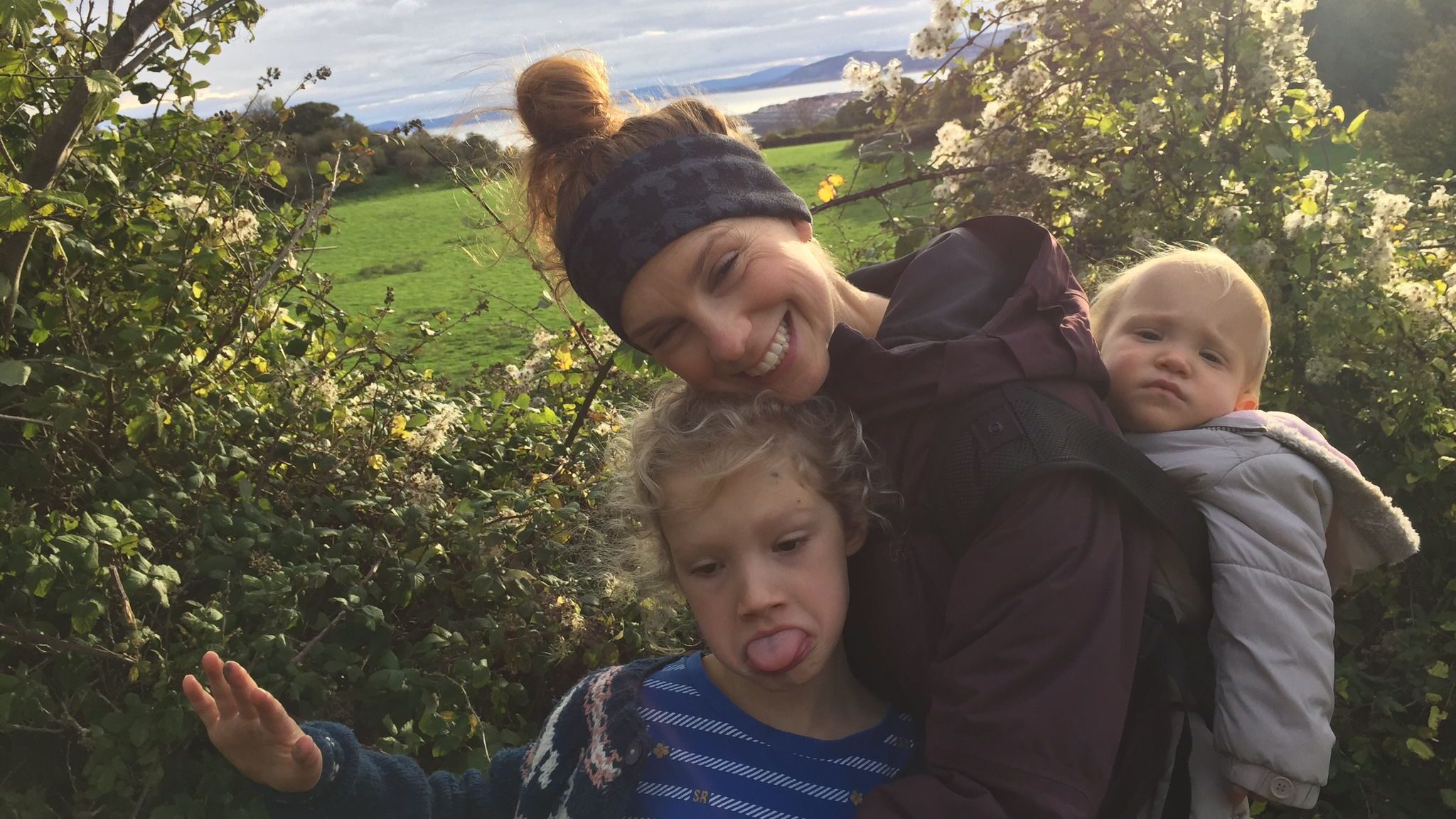Who else feels their stress levels rise when they hear their little one crying? Who else finds it difficult to leave their baby crying for more than a minute? It’s tough, right? We are their primary carers and therefore feel we have the responsibility to tend to their every whim and need.
When Poppi was a baby, my dad gave me the best bit of parenting advice I have ever had…are they hungry? No. Do they need a nappy change? No. Is their temperature ok? Yes. Is there anything else that might possibly be wrong? No. Have they had your love and attention today? Yes. Then it’s ok to let them cry for a bit. It’s not going to hurt them. Crying/being upset doesn’t hurt in the right quantities; in fact it is good for us. It is good to be able to feel when things aren’t quite right and in the long term, learn how to manage this. That doesn’t mean shutting it down and pushing it under the carpet, but finding strategies that enable us to accept our sadness/pain and to manage it in a safe way.
Just a quick few thoughts tonight (lots of work on) continuing from last weeks insight into hide and seek and the positive effects the game can have on managing separation anxiety. Separation anxiety can be such a tricky one…you walk out of the room and your little bundle starts screaming for you. Nobody else can do the trick. Only you. This can feel exhausting and overwhelming, but on the other hand feel extremely special. You are the one this little life longs for! Nonetheless, it can be a very difficult phase despite how totally natural and healthy it is.

It is amazing how much little children pick up from us including our tone of voice. If we start to sound anxious this will increase their feeling of being unsafe. There are a number of ways we can try and help our babies/toddlers by firstly what we say and how we say it, and then what we do. Leaving a kiddie at nursery and walking away down the street as they scream “Mummmmmmmyyyyyy” after you can leave you feeling distressed and frazzled as you head to work. So what can help elevate this? Well, why not start with a few games of hide and seek. Unconsciously, you are giving the message that you can go and come back and as they get older they will develop the understanding that things still exist even if they can’t see them. By practicing short phases of separation it can help build to longer phases. Another thing I have found really helpful is talking positively about what we’ll do when we reunite (even if it is jobsy things, it’s things you’ll be doing together). As they get older it can help to talk about the time too…”see you at 3 o’clock…”. Keeping the parting positive and making sure your tone of voice is calm and assuring can really help. When I dithered around with Poppi upset it really didn’t help her (or me). They will pick up on our confidence (or lack of).
It will be interesting over the next year or so to see the effects lockdown has had on separation anxiety…so maybe I’ll share some thoughts on that at some point too!


